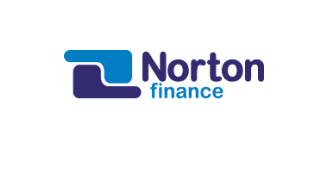Homeowner loans vs borrowing more on your existing mortgage
A homeowner loan is a second mortgage in addition to your first secured mortgage loan. So it means securing a second, separate loan against the same property, usually with a different lender and interest rate.
Further advance
A further advance is where you ask to borrow more money on your existing repayment mortgage from your current mortgage lender. This will be at a different, and possibly a higher rate to your current deal. You should be confident that you can afford the increased payments. The lender will check the affordability of the loan as part of the process. You may also consider switching to a new mortgage rate at the same time, called a product transfer, if the time is right.
Remortgage
It’s possible to borrow more by remortgaging to a new deal with a different lender or with your existing lender. This would mean moving your current mortgage to a new rate and increasing the loan. Which route you choose can depend on where you are in your current mortgage deal and also whether your finances are in good shape or have worsened.
A further advance may come with better terms and lower interest rates than a homeowner loan, but it makes sense to compare your options based on your circumstances ? and across lenders. For example, you may find that there is more flexibility with homeowner loans if you have bad credit than if you are looking to remortgage.
Don’t forget to factor in fees and charges for changing your mortgage.
» MORE: Compare remortgages



































